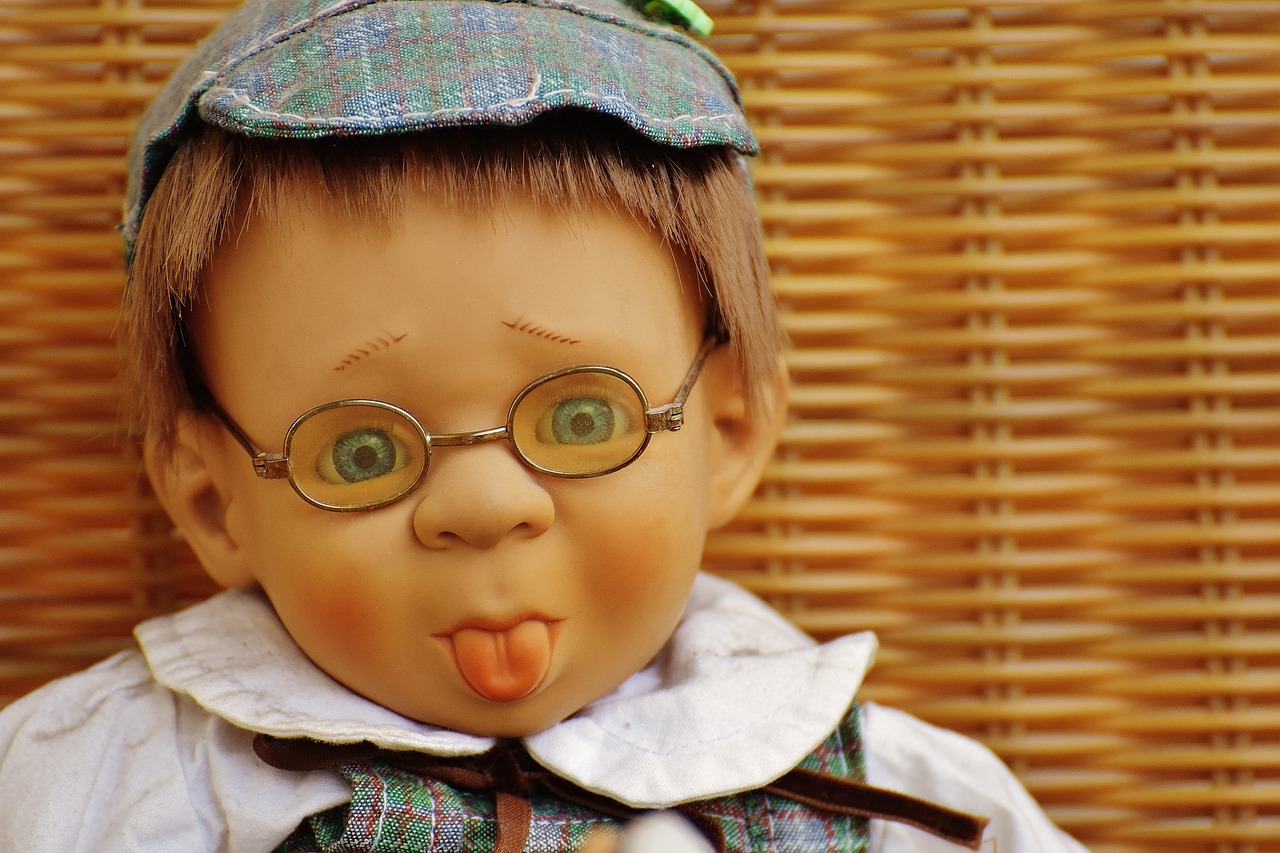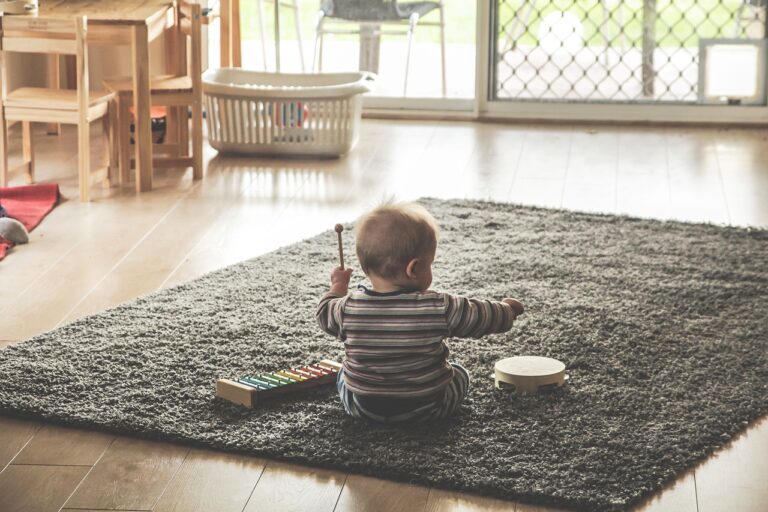The Role of TV Production Production Sound Mixers
11x play online, reddy bet, golden777:TV production sound mixers play a crucial role in ensuring that the audio quality of a television show is top-notch. They are responsible for capturing clear and crisp sound on set, which is essential for creating a seamless viewing experience for the audience. In this article, we will delve into the various aspects of the role of TV production sound mixers and how they contribute to the overall success of a TV production.
The Role of TV Production Sound Mixers
Sound mixers are an integral part of the TV production team, working closely with the director, producers, and other crew members to capture high-quality sound for a television show. They are responsible for setting up microphones, recording sound on set, and ensuring that the audio is of the highest quality. Sound mixers also work closely with the post-production team to ensure that the sound is mixed correctly and is in sync with the visuals.
Key Responsibilities of TV Production Sound Mixers
TV production sound mixers have a range of responsibilities that contribute to the overall success of a television show. Some of the key responsibilities include:
1. Setting up microphones: Sound mixers are responsible for setting up microphones on set to capture dialogue, ambient noise, and other audio elements. They must ensure that the microphones are placed in the right location to capture clear sound without any interference.
2. Recording sound on set: Sound mixers are responsible for recording sound on set using a variety of equipment, including boom microphones, lavalier microphones, and audio recorders. They must monitor the sound levels and adjust them as needed to ensure that the audio is of the highest quality.
3. Monitoring sound quality: Sound mixers must constantly monitor the sound quality on set to ensure that it is clear and free of any disturbances. They must be able to identify and troubleshoot any issues that may arise during filming to ensure that the audio is of the highest quality.
4. Collaborating with the director and crew: Sound mixers work closely with the director and other crew members to ensure that the sound is captured correctly and meets the vision of the show. They must be able to take direction from the director and make adjustments as needed to achieve the desired sound quality.
5. Working with the post-production team: Sound mixers collaborate with the post-production team to ensure that the sound is mixed correctly and is in sync with the visuals. They may need to provide additional sound elements or make adjustments to the sound mix to achieve the desired result.
6. Troubleshooting technical issues: Sound mixers must be able to troubleshoot any technical issues that may arise with the equipment or sound quality on set. They must be able to think quickly and make adjustments to ensure that the sound is captured correctly.
FAQs
Q: What equipment do TV production sound mixers use?
A: TV production sound mixers use a variety of equipment, including boom microphones, lavalier microphones, audio recorders, headphones, and sound mixers.
Q: How can I become a TV production sound mixer?
A: To become a TV production sound mixer, you will need to have a strong background in sound engineering or audio production. You may also need to start as a sound assistant or apprentice to gain experience in the field.
Q: What skills are essential for TV production sound mixers?
A: TV production sound mixers must have excellent listening skills, attention to detail, and the ability to work well under pressure. They must also have strong technical skills and be knowledgeable about sound equipment and recording techniques.
In conclusion, TV production sound mixers play a vital role in ensuring that the audio quality of a television show is top-notch. They have a range of responsibilities, from setting up microphones to monitoring sound quality on set. Sound mixers work closely with the director, producers, and post-production team to ensure that the sound is captured correctly and meets the vision of the show. Their expertise and attention to detail are essential for creating a seamless viewing experience for the audience.







